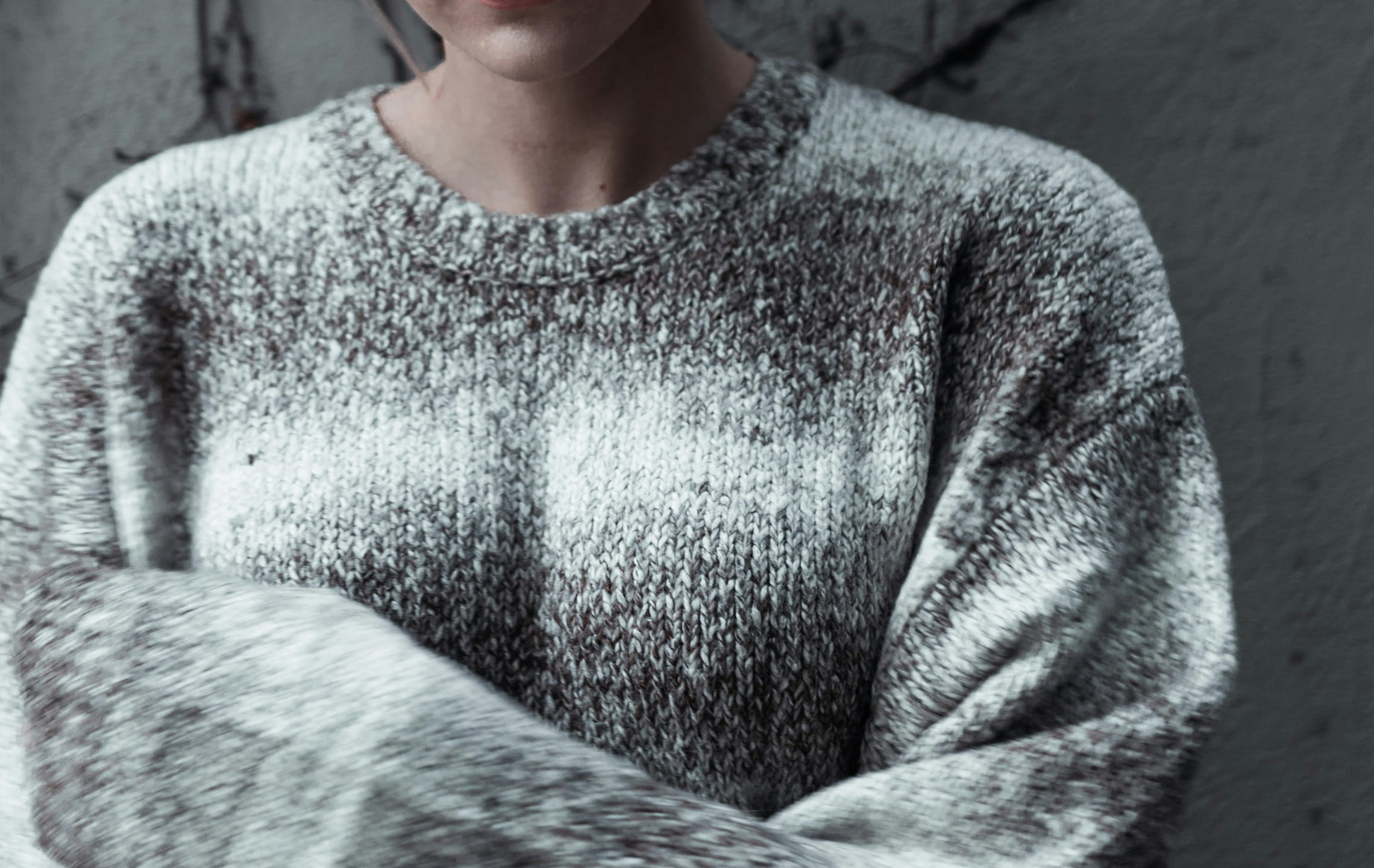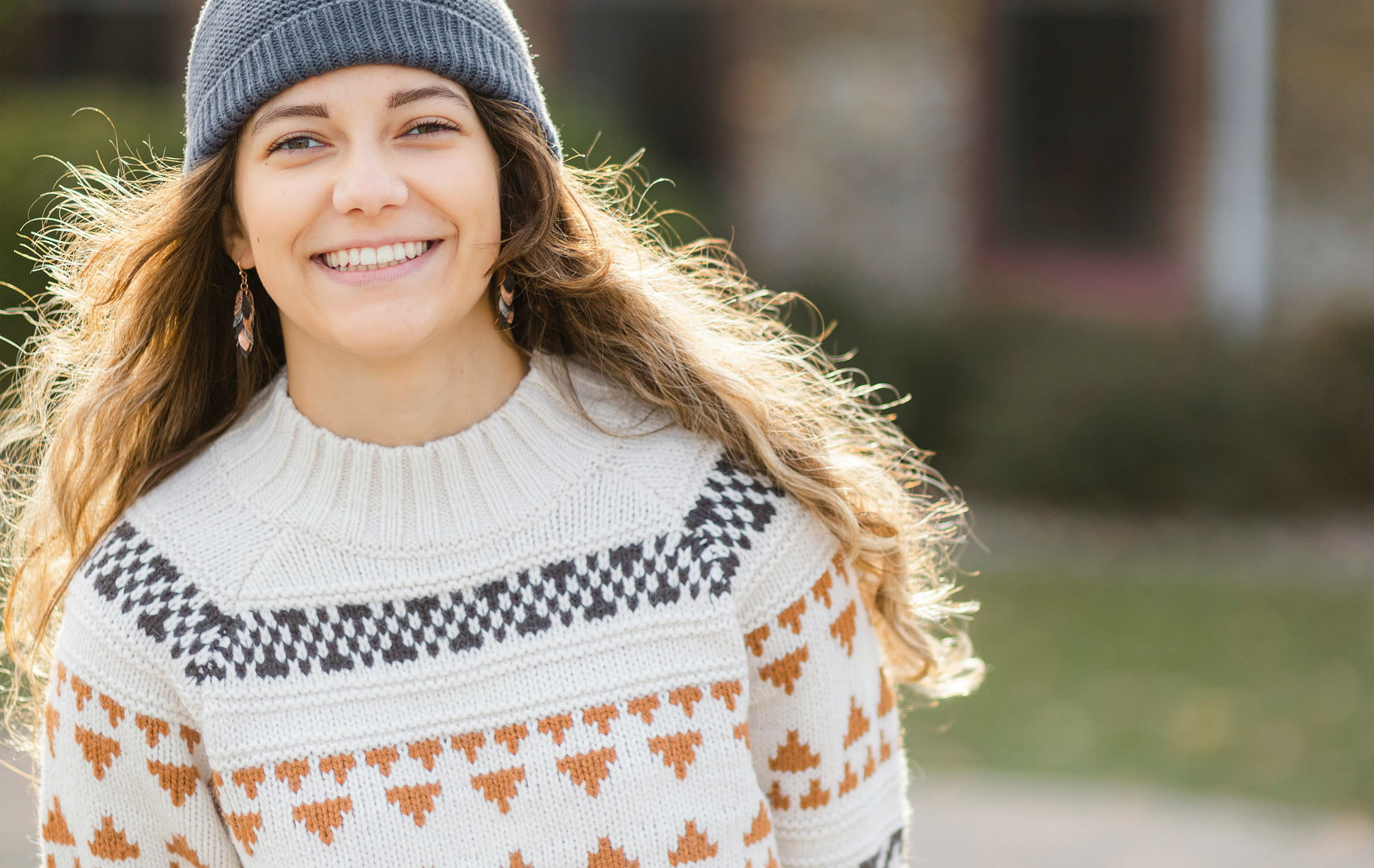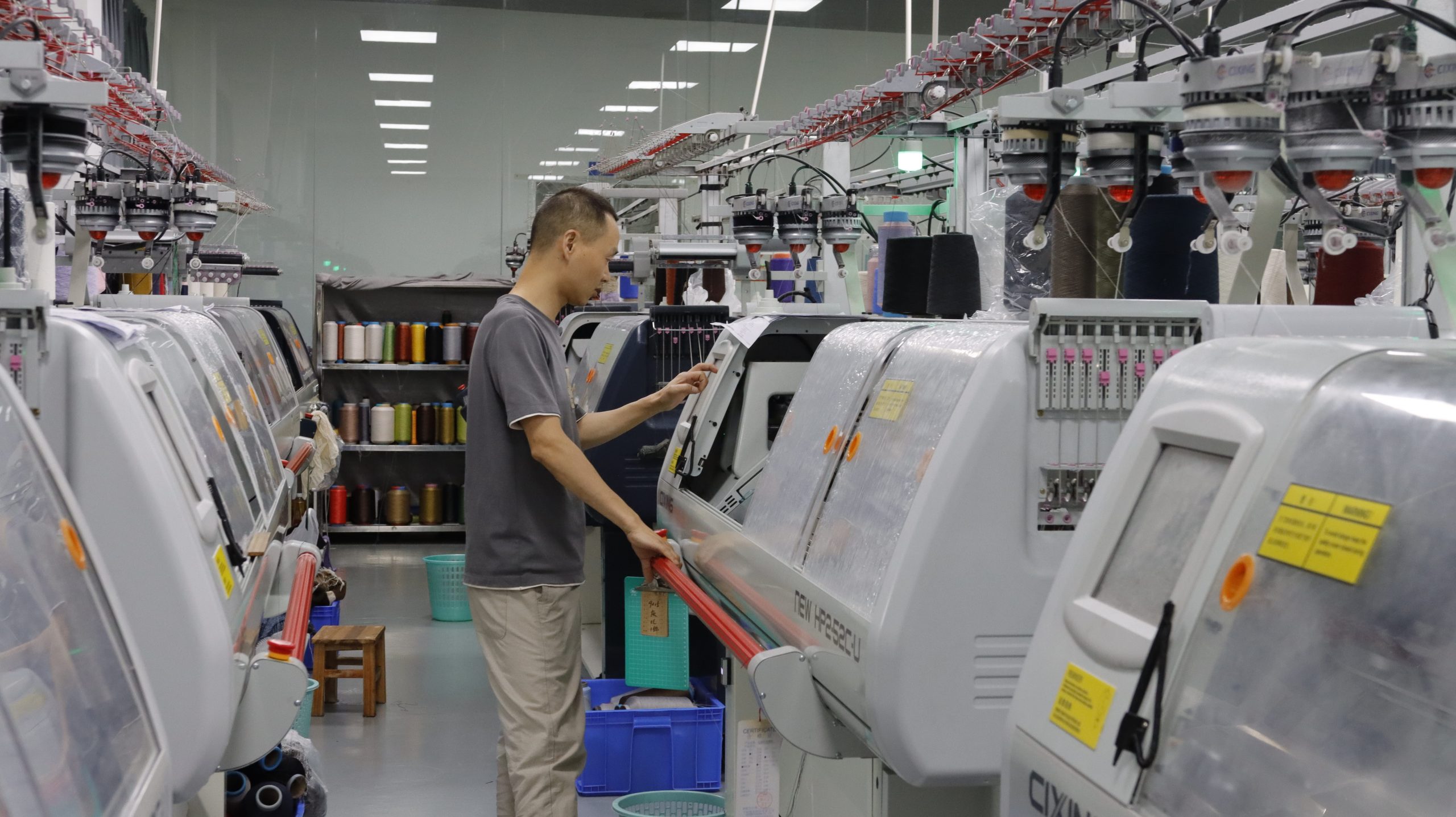Perfect color matching for clothing, have you ever wondered why it’s important to the fashion industry? Imagine your preferred clothing item arriving in a completely different shade than what you expected–this is frustrating, is it? That’s where the lab’s dips in fabric coloring come into play.
This procedure guarantees that your textile will have the exact tone that you intended it to have, avoiding costly mistakes by design. However, how can you ensure that colors are appropriately paired in different substances and accessories? This is accomplished by utilizing methods such as the garment color matching method to ensure every product has the same color and shade. Corresponding colors from fabric to trim are crucial to the process; this prevents any garment from being made by the craftsman with a less than perfect design. In this blog article, we’ll discuss the value of lab dips in the production of fashion, and how to have your clothing appear as you desire it, in terms of color.

What are lab dips?
A lab dip is a procedure that employs dyes in small quantities on small sections of actual fabric or textile to determine the most appropriate formulation for color matching. This method facilitates quality and control over the coloring technique of garments, because the ultimate goal is to precisely match a specific color to which the designer or brand has targeted.
The coloring procedure initially begins by sending the lab a Pantone color sample that is representative of the cloth or a swatch of the fabric that will be used to compare colors. Depending on the intricacy of the color and the complexity of the fabric, it may take from a few days to two weeks to implement. For instance, cotton fabric industries may process for a maximum of six hours, while polyester blends may take as much as twelve hours.
In this stage of the process, during the dips in the fabric manufacturing laboratory, the evaluation of color is conducted in different lighting conditions, namely daylight as opposed to neon light in a lightbox, this is done to avoid the effects of marginal colors.
The importance of lab experiments in the production of fashion
The significance of lab experiments in the fashion industry cannot be underestimated. Lab dips are crucial because colors can differ for different individuals and different environments. For instance, a purple color may appear differently to one individual than to another. Approval of lab dips regarding color accuracy before mass production is an inexpensive way to avoid costly mistakes and to ensure desired results. Many laboratories offer several similar colors that are approved, this allows designers to choose the most appropriate color.
Certain colors, such as black, tan, and gray, have a higher degree of difficulty. For example, black fabric is notorious for “floating” in different lighting scenarios. Also, nudes and greys are susceptible to difficulty, specifically when different components, like trims and straps, need to be precisely matched, such as in bras.
How to Get Accurate Color for Garments
To ensure that garments have the proper color, several steps should be taken:
Approve lab dips early: It’s always beneficial to approve the lab’s dips prior to mass production in order to avoid mistakes in color match.
Consider time and complexity: Some colors and fabrics take more time to match, so plan ahead. The process of fabric coloring is slow and requires multiple materials or intricate design.
Use available color cards: For increased production speed, utilize the color cards that are already available from mills or color houses. This can both save time and money by utilizing pre-existing colors that have already been approved for clothing.
Work with trustworthy dye houses: When working with reputable dye houses, it is guaranteed that the dips will have a color that is accurate and of high quality.

Garment Color Matching Techniques in Practice
We can discuss the process of creating a hoodie. The primary fabric, ribbons, and strings need to all be perfectly compatible. The lab’s dip process in the manufacturing of fabric will guarantee these components are smoothly incorporated, which will lead to a cohesive end product. On the other hand, a more intricate garment like a nude bra may need multiple cycles of lab staining in order to achieve the perfect color coordination between different parts.
The colorimetric technique for matching garments is employed to avoid inconsistent colors across different parts of a garment that would negatively affect the brand’s reputation.
Selecting the Right Colors for Your Fabric
When choosing colors, talk to your color manufacturer or dye store owner to see what colors are already available. If you’re dealing with small quantities of production, it’s typically more effective to utilize colors that have already been proven and effective. For large quantities, custom colors are more practical, but they require careful attention to the lab’s dips in fabric coloring in order to ensure success.
Conclusion: Why Perfect Color Matching for Clothing Matters
In summary, perfect color matching for clothing is crucial in delivering consistent and high-quality products. The importance of lab dips in fashion production lies in their ability to provide control over the final product’s appearance, preventing costly errors. The garment color matching techniques utilized in the lab dips process in fabric manufacturing ensure that the fabric, trims, and components all harmonize.
Following these steps and working with experienced color houses, brands can achieve exact color coordination and maintain their product reputation. Whether you’re dealing with small or large quantities, lab dips serve as the basis for ensuring the color of the lab dips is accurate and the product will be successful.
Have you got an idea of what to sell?
Guoou Fashion can assist you in all of the production process, from managing your product development to finding the appropriate manufacturer. Explore additional information on Guoou Fashion.

 English
English Deutsch
Deutsch Français
Français Italiano
Italiano Español
Español Русский
Русский Polski
Polski Nederlands
Nederlands Svenska
Svenska

